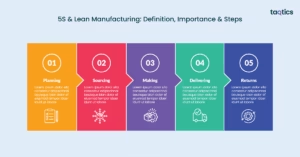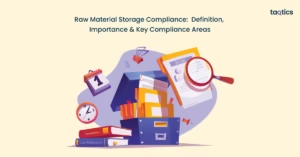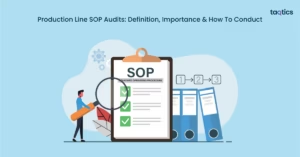Retail Compliance: Overview, Types, Key Areas, Setup Process, Tools
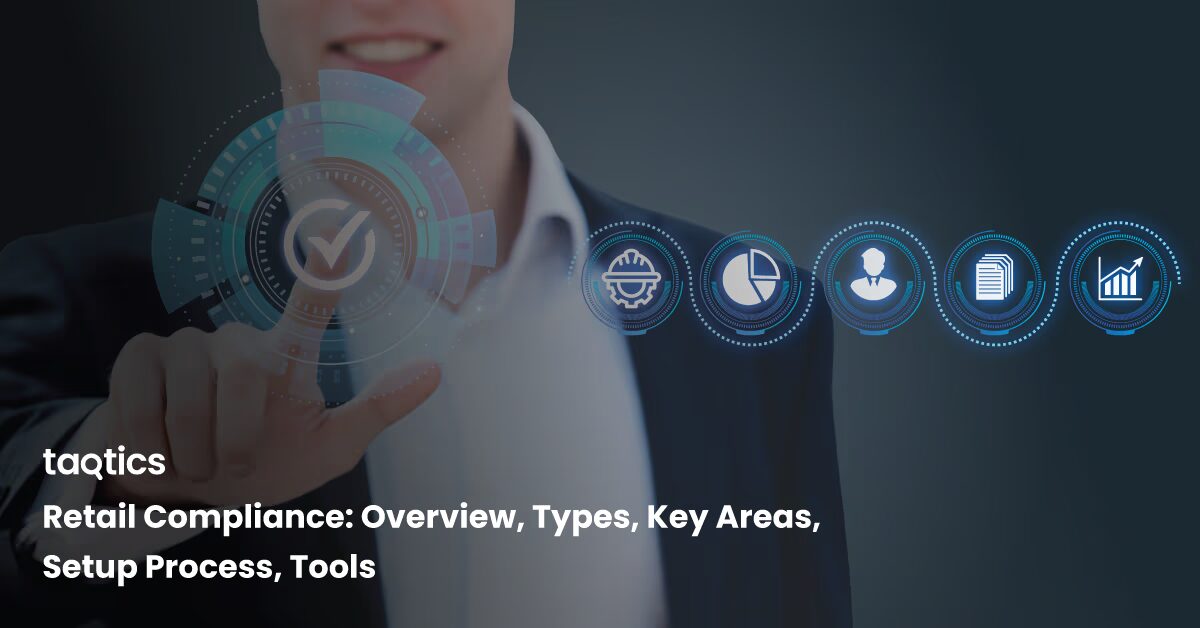
Retail compliance is the backbone of efficient and lawful retail operations. Retail compliance encompasses everything from legal and financial regulations to operational and data security practices. It ensures retail businesses operate within the law while maintaining consistency, safety, and quality across all locations.
Core areas such as labor law adherence, health and safety measures, accurate product labeling, and inclusive store accessibility are critical for reducing legal risks and improving the in-store experience. A structured setup process, starting with understanding applicable laws, followed by setting internal standards, documenting SOPs, employee training, and regular audits—lays the groundwork for seamless operations.
A report by TeamLease Regtech highlights that Indian retailers must navigate over 3,000 regulations, with 37.5% carrying imprisonment clauses for non-compliance. Failure to adhere to these regulations can lead to severe legal consequences and operational disruptions.
Digital tools like Taqtics are essential for modern compliance management. By automating audits, digitizing SOPs, tracking issues in real time, and centralizing training, it enables multi-store retailers to maintain uniform compliance across all touchpoints. With such systems in place, businesses not only mitigate risk but also enhance efficiency, build brand credibility, and drive long-term success.
What is Retail Store Compliance?
Retail store compliance refers to the adherence of individual retail locations to company standards, legal regulations, and brand guidelines. Retail store compliance includes the following rules for visual merchandising, product placement, pricing, safety protocols, labor laws, and promotional execution.
Maintaining retail store compliance ensures a consistent customer experience across all locations, strengthens brand identity, and helps avoid legal or financial penalties. It also supports operational efficiency by aligning store practices with corporate strategies.
Non-compliance can lead to reduced customer satisfaction, inventory issues, lost sales, and reputational damage. With multiple locations and complex supply chains, especially in franchises or large chains, monitoring compliance is essential. Tools like audits, checklists, and compliance software are often used to manage and enforce standards.
In short, retail store compliance is vital for maintaining brand integrity, meeting legal requirements, and achieving operational excellence across all retail outlets.
What are the Different Types of Compliance in Retail?
The different types of compliance in retail include regulatory compliance, operational compliance, financial compliance, and data and privacy compliance.
Regulatory Compliance
Retail businesses must adhere to multiple government regulations. This includes the Shops and Establishments Act (state-specific), Legal Metrology Act for accurate product labeling and measurement, labor laws such as the Factories Act, and GST regulations. Retailers also need licenses like FSSAI (for food retail) and trade licenses from local authorities. Non-compliance can result in penalties, suspension of operations, or legal action.
Operational Compliance
Quality auditing for operational excellence ensures that stores follow internal processes and brand guidelines consistently. In India, this includes maintaining standard store layouts, proper staff behavior, adherence to discount and promotional rules, and compliance with customer grievance redressal mechanisms. Regular audits and internal checks help ensure each store runs as per company policies.
Financial Compliance
Retailers must follow Indian financial laws such as the Income Tax Act, proper GST filings, and maintain financial wellness in retail stores through accurate accounting as per the Companies Act, 2013. Compliance in pricing, billing, and inventory reporting is essential to avoid fraud and tax discrepancies. It ensures financial transparency and builds credibility with stakeholders and regulatory bodies.
Data and Privacy Compliance
With the growing digital retail landscape, India is moving towards stricter data protection, protecting customer privacy: best practices for retailers. While the Digital Personal Data Protection Act, 2023, is still being implemented, retailers must already protect customer data, ensure secure online transactions, and follow consent-based data usage. Violations can lead to heavy fines and loss of consumer trust.
Together, these compliances ensure lawful, consistent, and trustworthy retail operations in India.
What are the Key Compliance Areas for Retail Stores?
The key compliance areas for retail stores include employee labor practices and scheduling laws, health and safety standards, store policies and operational guidelines, accurate signage and product labeling, and accessibility standards.
Employee Labor Practices and Scheduling Laws
Retailers must comply with the Shops and Establishments Act, which varies by state, governing working hours, weekly offs, overtime pay, and leave policies. Employers are also required to follow regulations under the Minimum Wages Act, Payment of Wages Act, and Employees’ Provident Fund (EPF). Additionally, retailers must ensure no child labor and must provide fair work conditions, especially for contract or part-time employees, through top employee scheduling tools for workforce management. Non-compliance can lead to penalties or legal action.
Health and Safety Standards

Retail stores must ensure a safe and hygienic environment for both staff and customers. This includes fire safety compliance (as per local fire department regulations), emergency exits, first aid facilities, and cleanliness, especially in food or grocery retail. Adherence to Food Safety and Standards Authority of India (FSSAI) guidelines is mandatory for stores selling food items. Safety audits and training sessions are essential for ongoing compliance.
Store Policies and Operational Guidelines
Retailers need clearly defined internal policies covering return and refund policies, staff conduct, store maintenance, inventory management, and customer service protocols. These operational guidelines ensure consistency and quality across all locations. Standard operating procedures (SOPs) must be followed and regularly updated in line with regulatory and market changes.
Accurate Signage and Product Labeling
Under the Legal Metrology Act, all packaged goods must display clear and accurate information, including MRP, expiry date, manufacturing date, weight/volume, and manufacturer details. Misleading or incorrect labeling can result in heavy penalties. In-store signage must also comply with local language laws and display clear pricing and promotional information.
Accessibility Standards
Retailers must ensure stores are accessible to people with disabilities, in line with the Rights of Persons with Disabilities Act, 2016. This includes wheelchair access, ramps, clear pathways, and sometimes tactile or audio support. Inclusive design not only ensures compliance but also enhances customer experience for all.
Retail stores in India must follow several key compliance areas to operate legally, ethically, and efficiently. These ensure protection for employees, customers, and the brand.
How to Setup a Retail Compliance Program?
To set up a retail compliance program, businesses must follow the five steps, which include identifying applicable laws and regulations, defining internal compliance standards, documenting SOPs and protocols, training employees on compliance requirements, and conducting audits and inspections.
Step 1: Identify Applicable Laws and Regulations
Begin by understanding the legal framework governing retail operations in your region. Managing compliance with labor laws in employee scheduling includes:
- Labor Laws: Adhere to the Shops and Establishments Act, Minimum Wages Act, and Factories Act.
- Tax Regulations: Ensure compliance with the Goods and Services Tax (GST).
- Product Standards: Follow the Legal Metrology Act for accurate labeling and packaging.
- Health and Safety: Implement guidelines from the Food Safety and Standards Authority of India (FSSAI) and fire safety norms.
- Data Protection: Align with the Digital Personal Data Protection Act, 2023 for customer data handling.
Step 2: Define Internal Compliance Standards
Establish clear internal policies that reflect both legal requirements and company values. The compliance requirements for retailers: a comprehensive guide includes details on the following three aspects.
- Standard Operating Procedures (SOPs): Develop SOPs for daily operations, customer service, inventory management, and employee conduct.
- Brand Guidelines: Ensure all store activities align with brand identity and quality standards.
- Ethical Practices: Promote transparency, anti-corruption measures, and fair trade practices.
Step 3: Document SOPs and Protocols
Create comprehensive documentation for all operational procedures:
- Daily Checklists: Implement checklists for daily tasks to ensure consistency and accountability.
- Audit Protocols: Develop protocols for regular audits to assess compliance and identify areas for improvement.
- Training Materials: Prepare materials that facilitate employee understanding of compliance requirements.
Step 4: Train Employees on Compliance Requirements
Invest in continuous store team training programs to keep employees informed. This training exists in different forms.
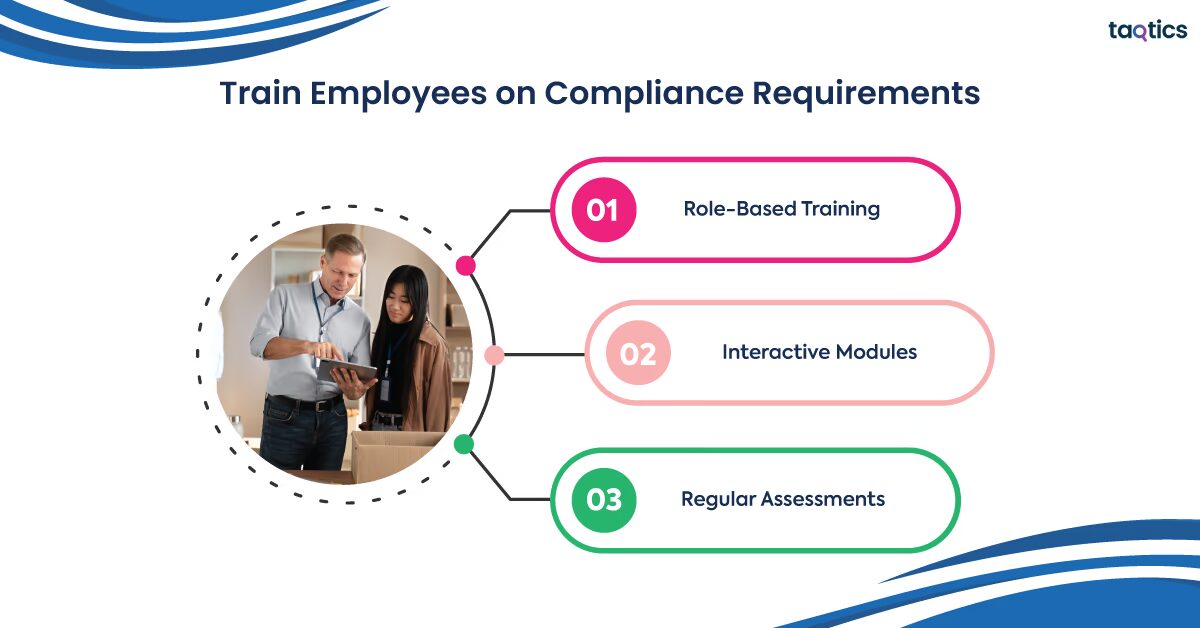
- Role-Based Training: Offer training tailored to specific roles within the organization.
- Interactive Modules: Use bite-sized content and quizzes to enhance learning and retention.
- Regular Assessments: Conduct periodic assessments to evaluate understanding and compliance.
Step 5: Conduct Internal Audits and Inspections
Regular audits are crucial for monitoring compliance. The steps include the three steps.
- Scheduled Audits: Plan and execute audits at regular intervals to assess adherence to SOPs.
- Issue Reporting: Enable employees to report issues promptly, facilitating quick resolutions.
- Corrective Actions: Implement corrective action plans based on audit findings to address non-compliance.
By following these steps and leveraging digital tools, you can establish a comprehensive retail compliance program that ensures legal adherence, operational efficiency, and brand consistency.
Which Tools are Essential for Compliance Management?
Taqtics is one of the tools essential for compliance management that offer features, which include digital checklists, store audits, issue tracking system, training and knowledge center, and asset management.
- Digital Checklists and SOPs
Taqtics enables the creation, scheduling, and assignment of digital Standard Operating Procedures (SOPs) and checklists. These tools ensure store teams are aligned with compliance requirements, facilitating real-time tracking and accountability. Features include live photo attachments, multilingual support, and a live dashboard for monitoring progress.
- Store Audits and Inspections
The platform allows for the digitization of store audits, capturing observations, photos, and videos via mobile devices. Automated report generation and action point assignments enhance efficiency and ensure timely resolution of issues. Geo-fencing capabilities ensure audits are conducted at designated store locations, maintaining consistency across outlets.
- Issue Tracking System
Taqtics provides a centralized system for reporting and tracking in-store issues. With features like live photo attachments, multi-department setup, and real-time dashboards, it ensures swift resolution and accountability. Automated notifications and escalations keep teams informed and prompt timely actions.
- Training and Knowledge Center
The platform offers mobile-based learning modules, quizzes, and assessments to keep store teams informed about compliance requirements. Role-based access ensures relevant training content is delivered to the appropriate personnel. Gamified leaderboards and completion reports enhance engagement and track progress.
- Asset Management
Taqtics facilitates the tracking and maintenance of assets, including licenses and equipment. Automated reminders for license renewals and maintenance schedules help avoid legal penalties and operational disruptions. Barcode integration allows for efficient tracking across different locations.
By integrating these retail compliance management software tools, retail businesses can enhance compliance adherence, streamline operations, and maintain consistency across all outlets. Taqtics offers a comprehensive solution to manage compliance effectively and efficiently.

